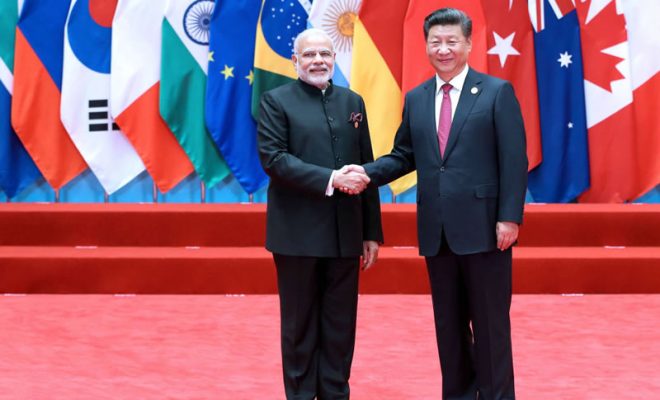India to Maintain Investment Restrictions Despite Improved China Relations

India will maintain its strict investment scrutiny for neighboring countries, Ms Sitharaman said, even as New Delhi improved diplomatic relations with Beijing. The statement was made days before Modi and Chinese President Xi Jinping are likely to meet at the BRICS summit in Russia. This development comes after both countries agreed on the standardized pattern of patrolling on the Himalayan border that divides them thus probably putting an end to a four-year military face-off.
National Security Takes Precedence Over Investment
In a lecture at the Wharton Business School in the United States, Sitharaman said India cannot just accept FDI for the sake of it. The finance minister insisted on preserving the security measures pointing to the fact that India is situated in a volatile area. Such an approach corresponds to the overall task of the government of promoting economic development while taking into consideration national interests.
Provided in late 2020, the investment restrictions have already affected Chinese companies by halting billions in prospective investments in businesses such as BYD and Great Wall Motor. It demands higher scrutiny and stringency of the clearance of the investments from the neighboring countries, however, it is not a country-specific policy.
Also Read | Modi Attends 16th BRICS Summit in Russia, Welcomed with Krishna Bhajans
Trade Imbalance Persists Despite Restrictions
However, during the last decade and a half India’s commercial interaction with China has turned into more unfair competition. Specifically, Indians’ imports from China increased by a spectacular 56%. Since the border skirmish in 2020, the trade deficit with Beijing has reached an unprecedented level of $ 85 billion. This trade pattern is far greater than the rest of the neighboring countries such as Afghanistan, Bangladesh, Bhutan, Myanmar, Nepal, and Pakistan. The current scenario shows how the security and economic relationship has intertwined between India and China in the current generation. Although the recent agreement on border patrol may be seen as an opportunity to develop friendly diplomatic relations, the cautious approach of India to investment screening means that economic measures will remain a part of national security policy.



